The National Merit Scholarship Program is a scholarship opportunity provided to high school students in the US who’ve taken the PSAT/NMSQT and scored in the top 1% of the country. This year, the program recognized 4 seniors from Oviedo High who put in the work and overcame obstacles to receive this achievement.
The semi-finalists all had similar methods of studying for the exam. Cross country and surf athlete, Lucas Boyer, said “The practice test on Blue Book helped a lot. Other than that, Khan Academy…and the normal SAT” were the main tools he used to prepare for such an overwhelming test.
The other three scholarship winners took advantage of the same resources, a privilege considering the tight, demanding schedules 12th grade includes. The semi-finalists must balance those schedules with sports, academically rigorous clubs, family, and their hobbies, a struggle they managed to rise above.
Yet, the seemingly endless cycle of time-blocking and sacrificing free time for academic success has deeply impacted the four. Being in their last year of high school, many wish for the ability to shift their focus from schoolwork to their passions and interests.

Bowler and senior Wesley Geno said, “Honestly, I would like to have more time for things I like to do”. Geno shared he enjoys programming and is the co-founder of Oviedo’s Programming Team, which doesn’t allow for much time to pursue his interests.
The four scholarship winners all plan on staying in Florida after graduating, wanting to attend universities including USF, UCF, and UF. They all agree their recognition from the NMS program will help them with college applications, a process many upperclassmen concentrate their focus on throughout the year.
For any students aiming for this recognition, prospective doctor John Barsoum advises to “start early. It’s never too early to start, you can start practicing at the beginning of high school. It’s definitely attainable, but it takes practice and time…just put in the work”.
Barsoum and the other semifinalists are driven by their family’s support and make sure to be careful with how they manage their schedules. Their hard work was the reason for their success with the PSAT, though one semifinalist shows the struggle behind it.
For many students, situational anxiety from exams and personal disabilities affects the test-taking experience. Robotics Testing Lead, Audrey Choate, says “I struggled during the exam because I have accommodations and issues with timed tests, so a lot of it was becoming better with timing and trying to manage my anxiety.”
She expanded on this, saying with “any kind of mental illness, you’re likely to internalize the thought that you are dumb or not capable…you have to overcome that negative self perception…Don’t expect to automatically be good at everything …



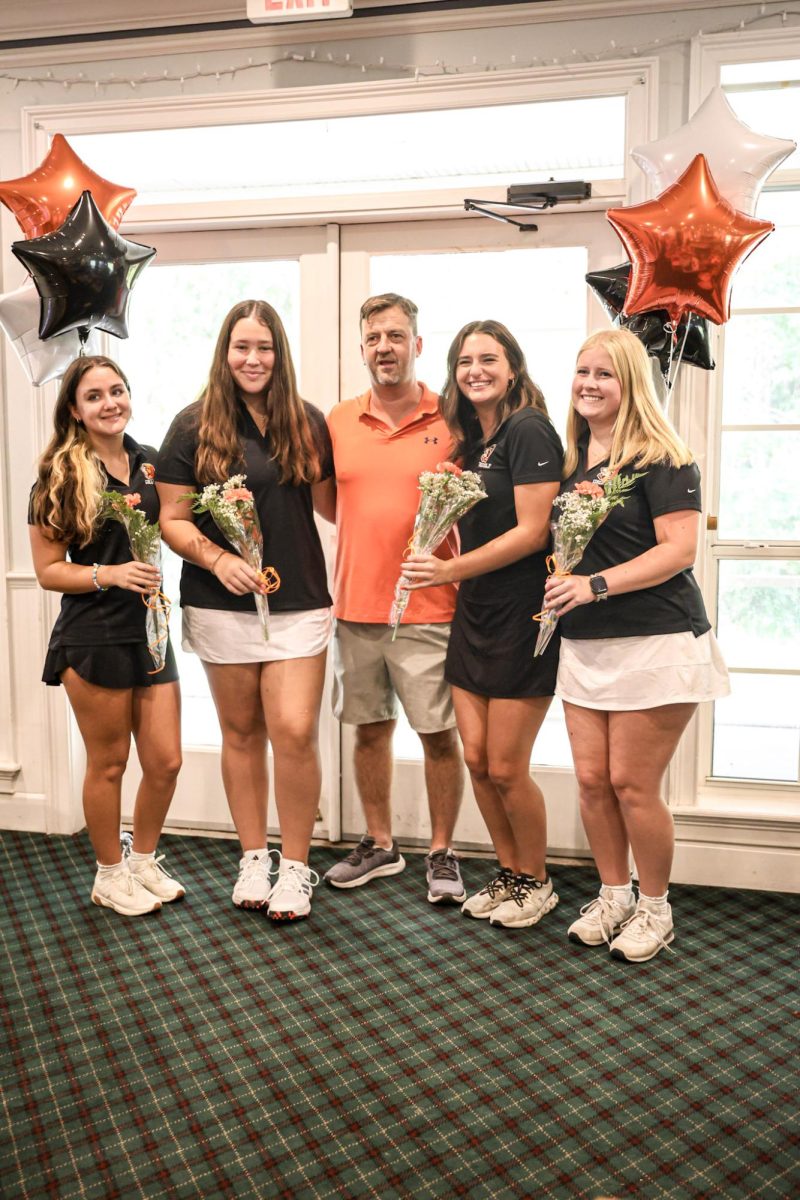


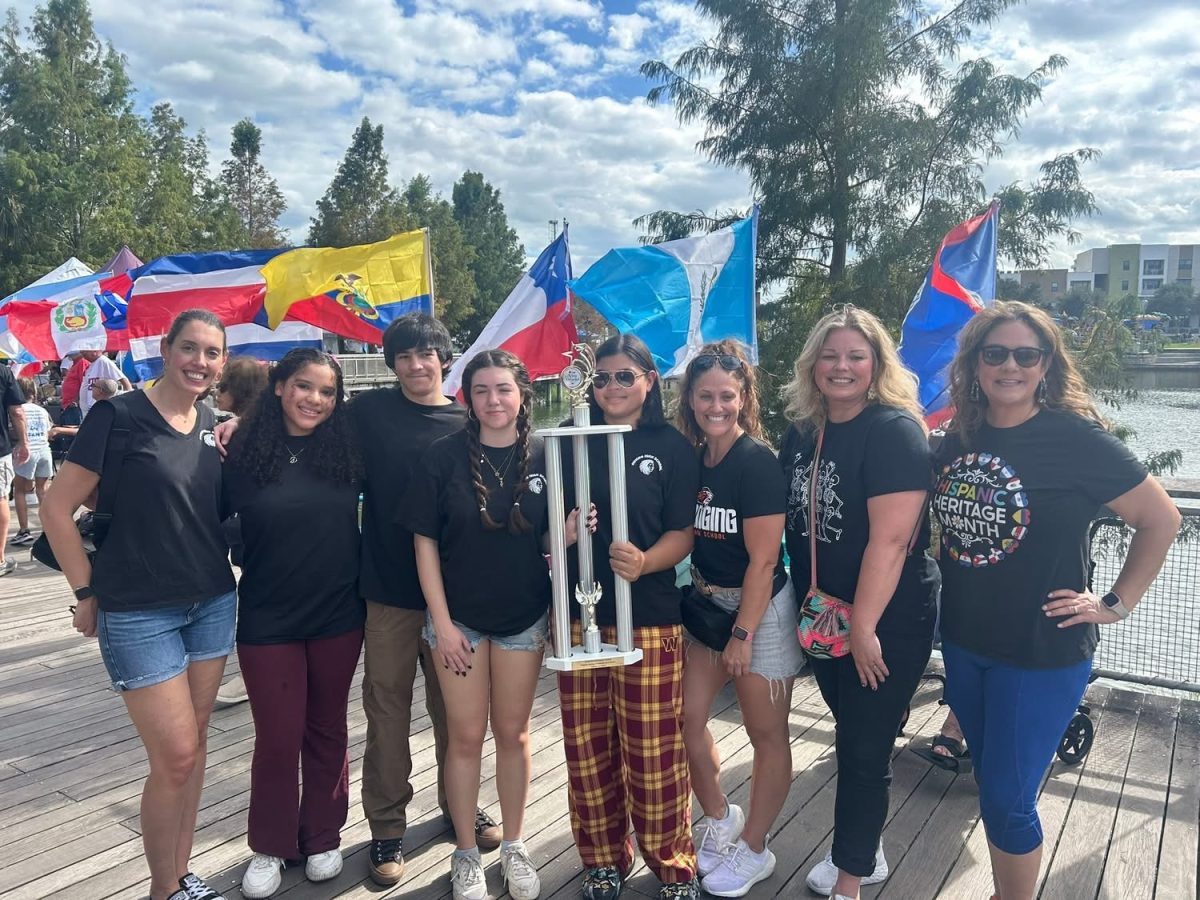
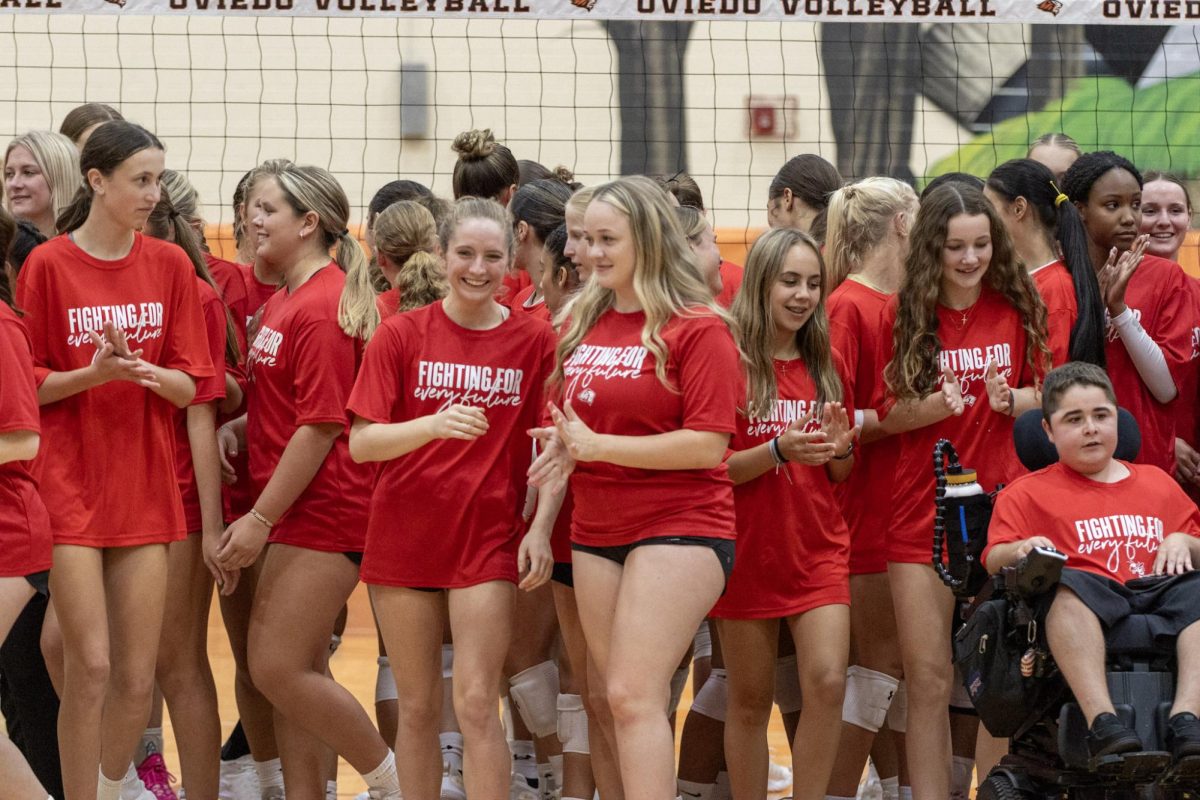
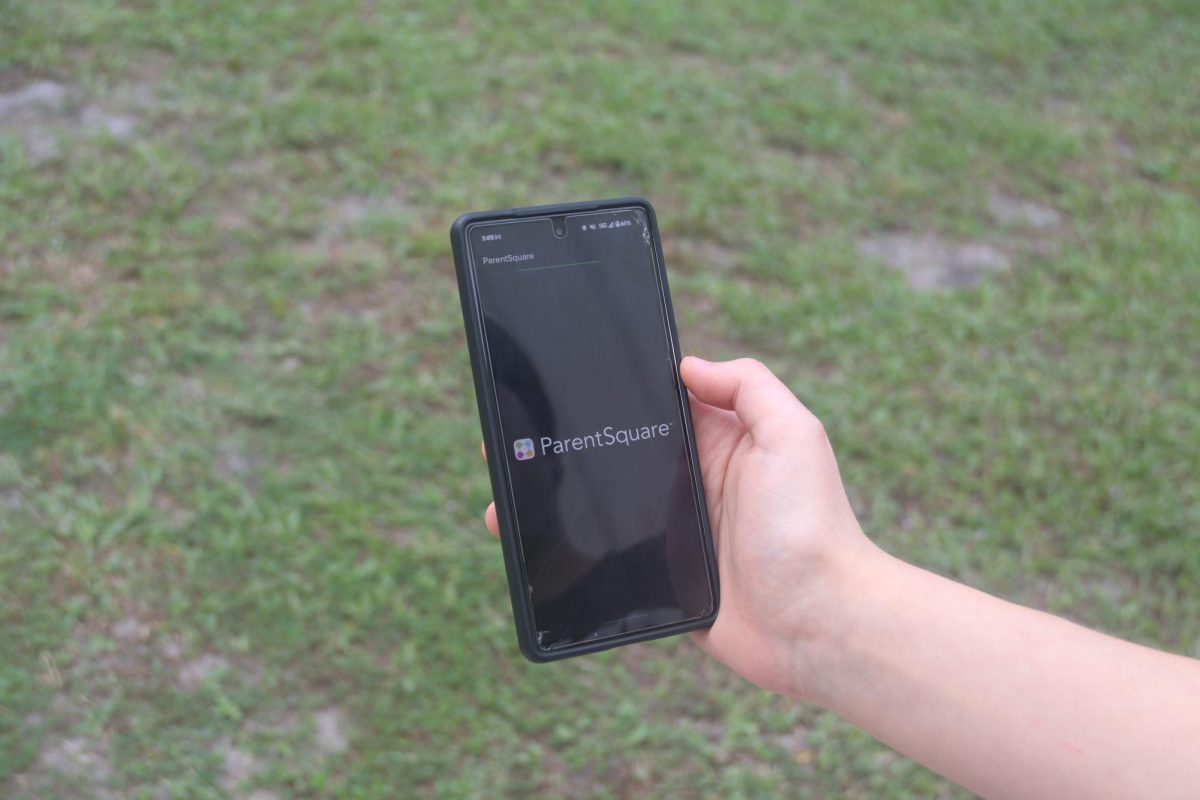
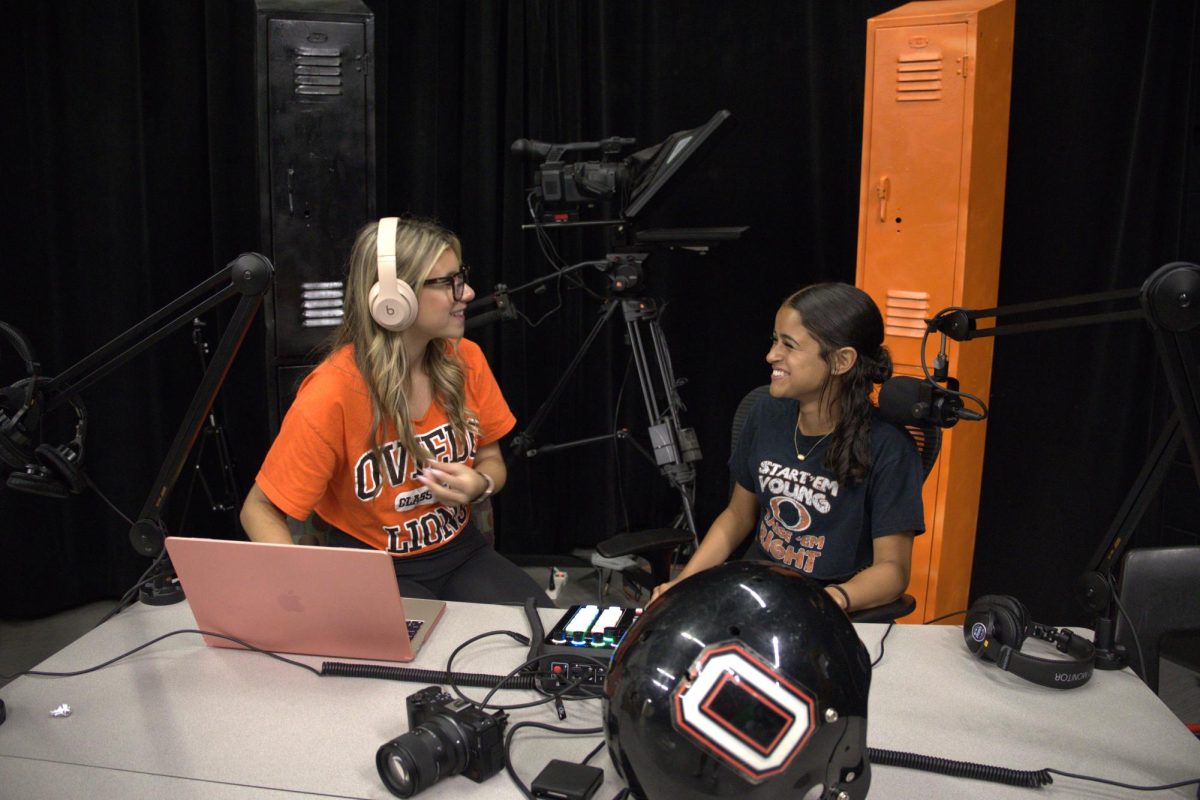

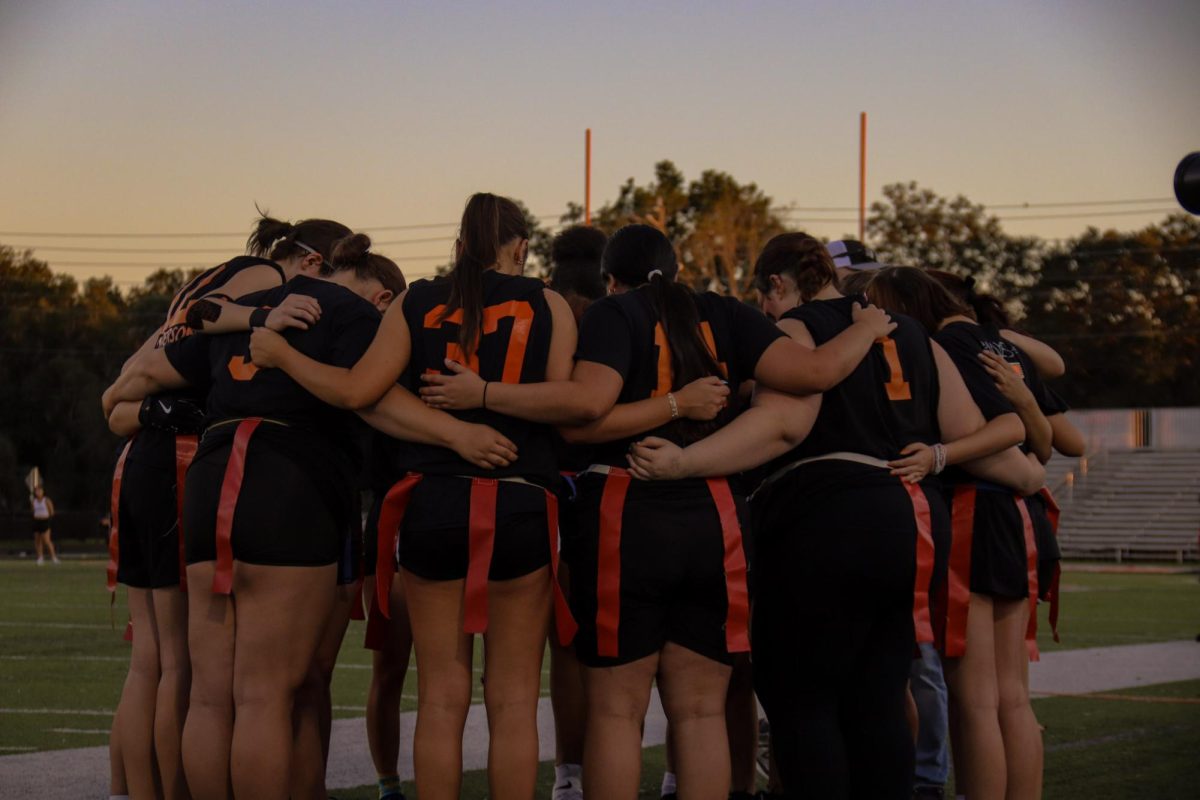
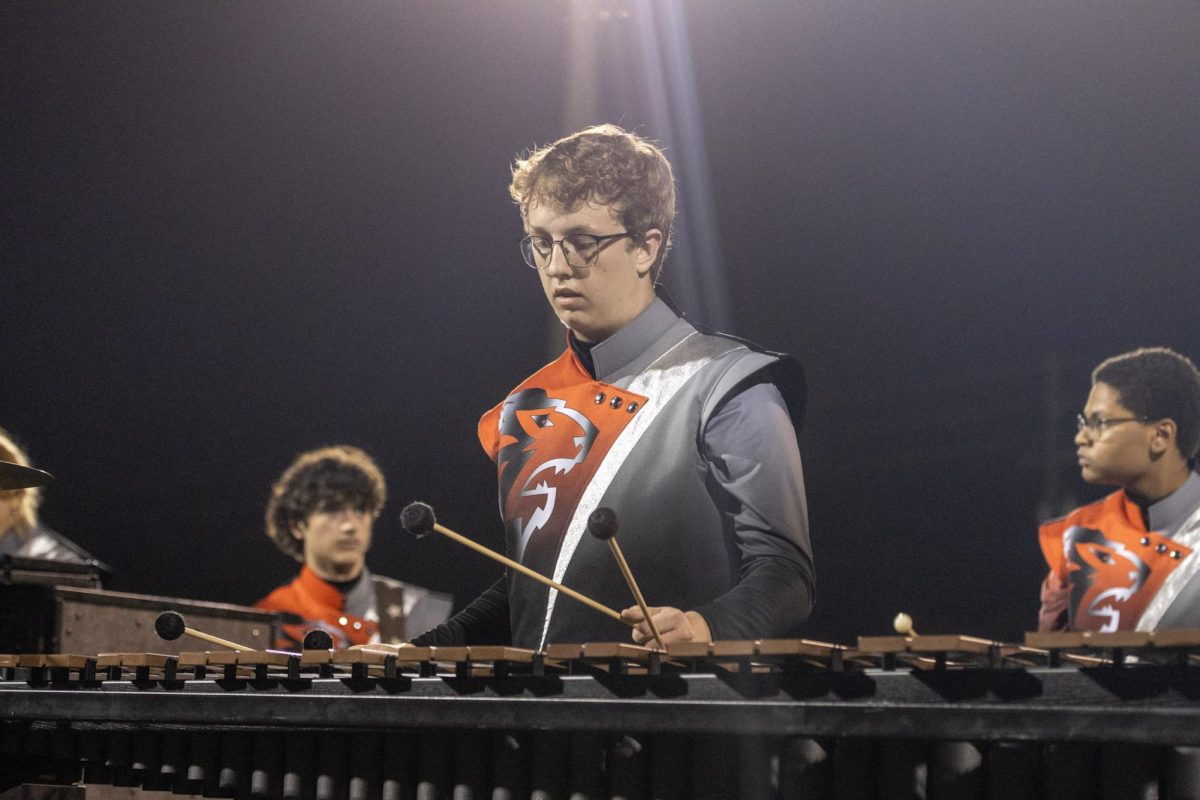


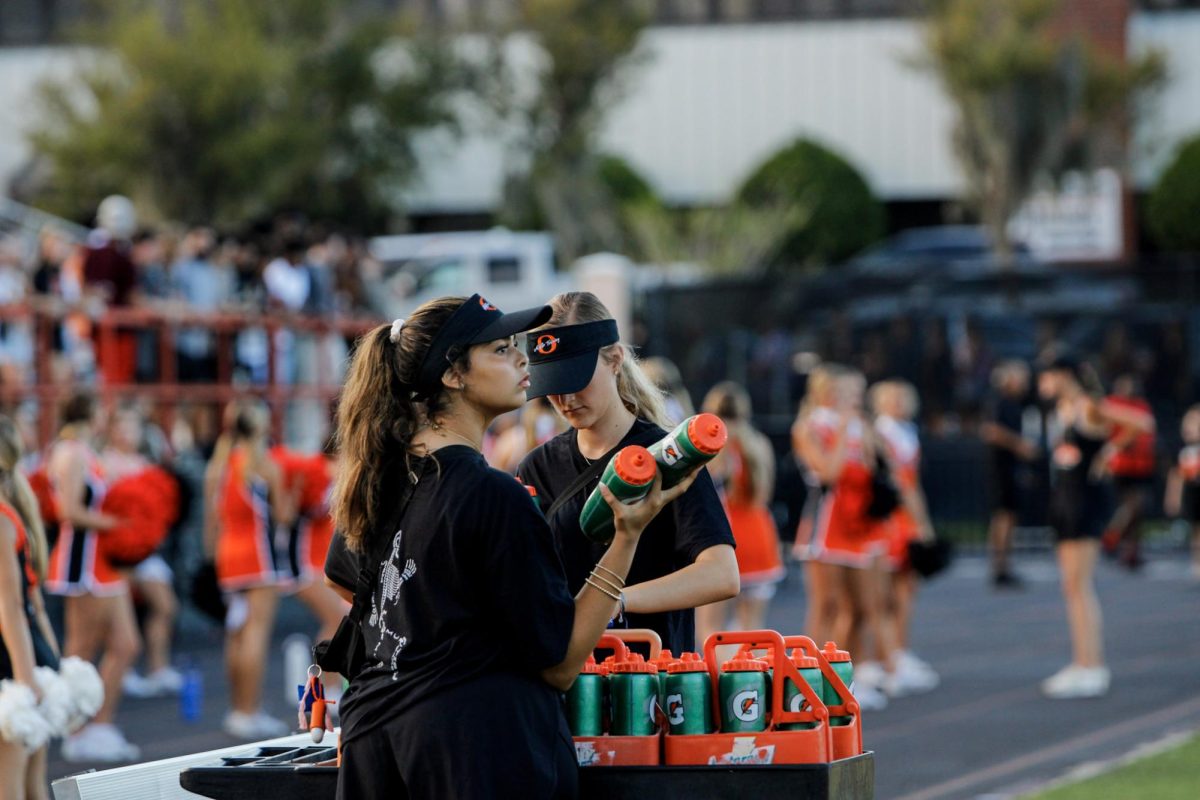










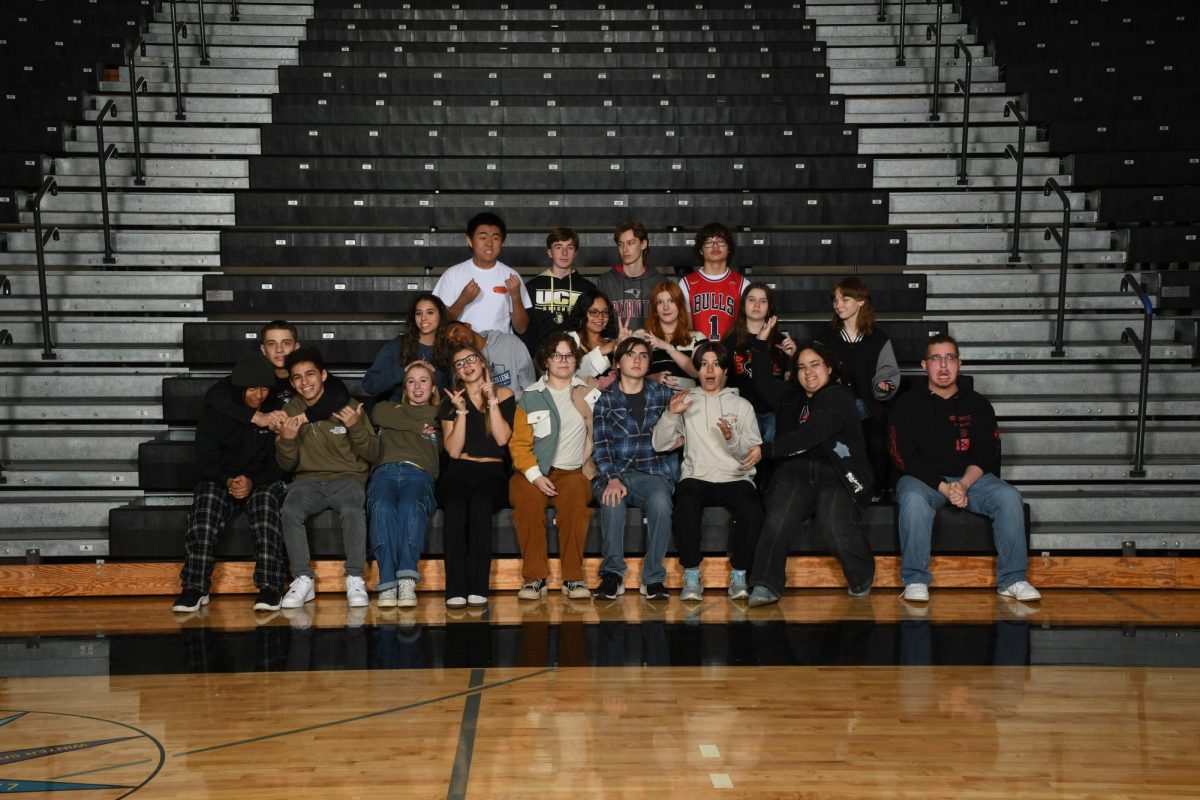












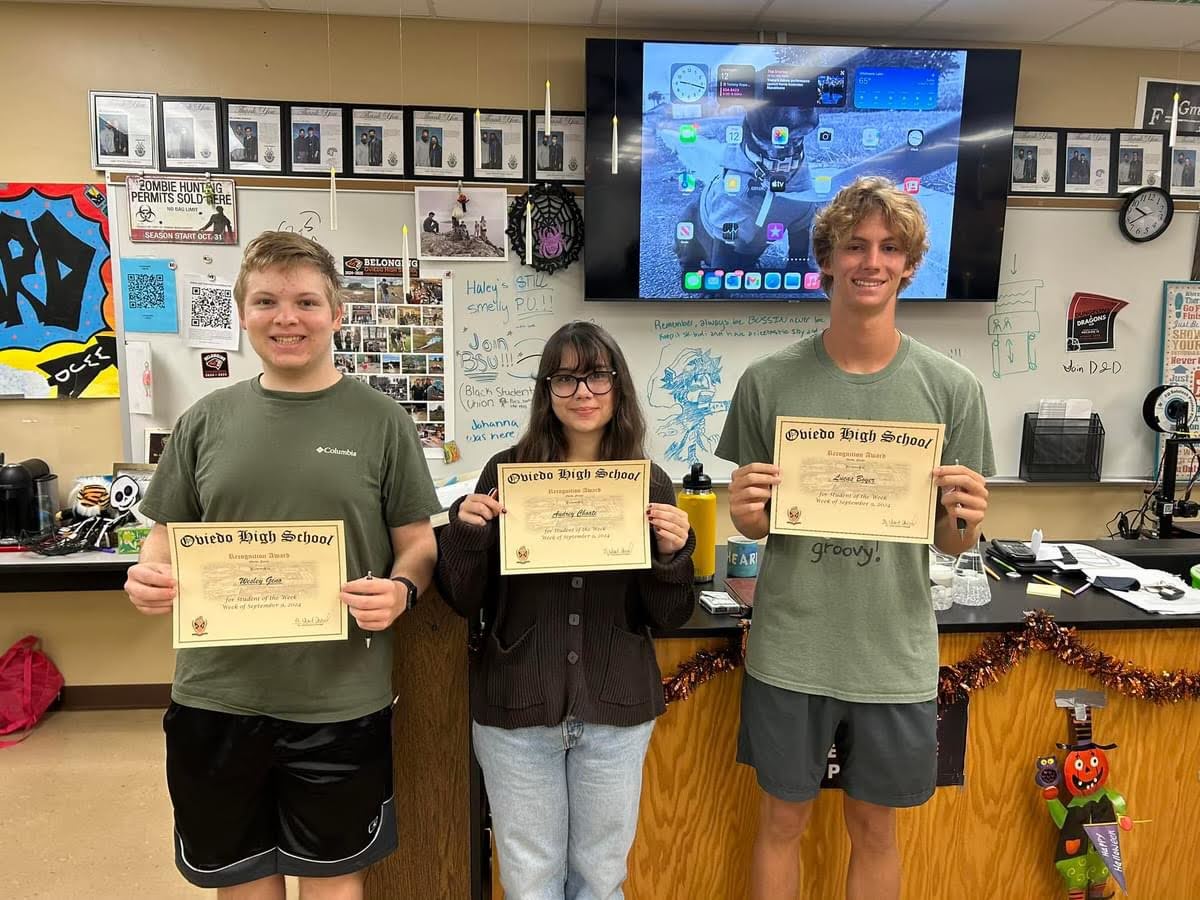

Cooper • Sep 30, 2024 at 1:03 PM
That thought is a thing of wisdom…